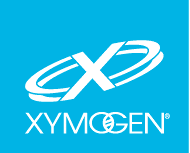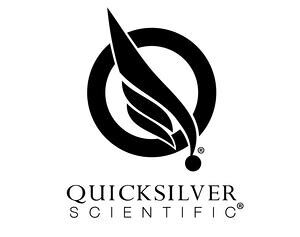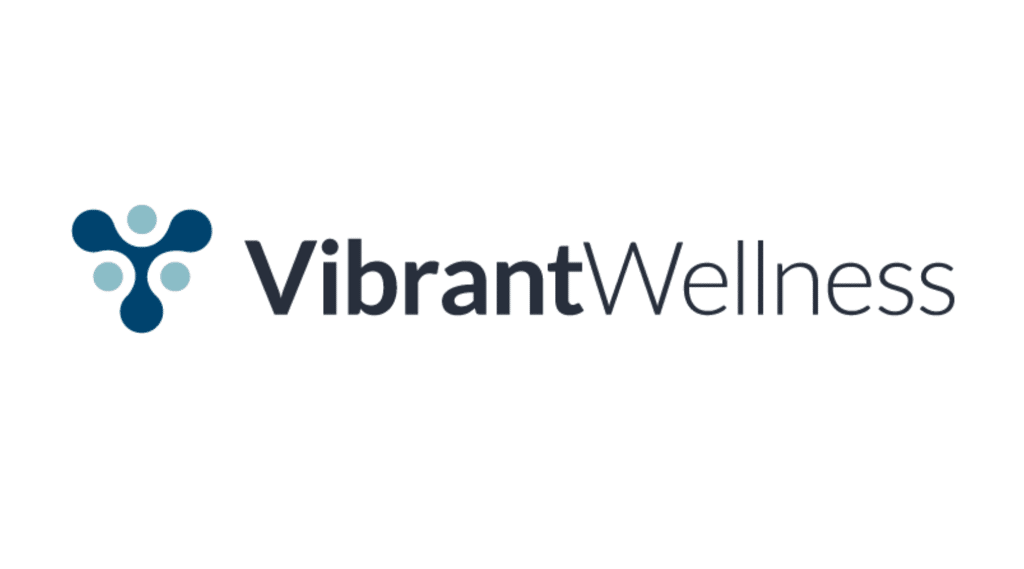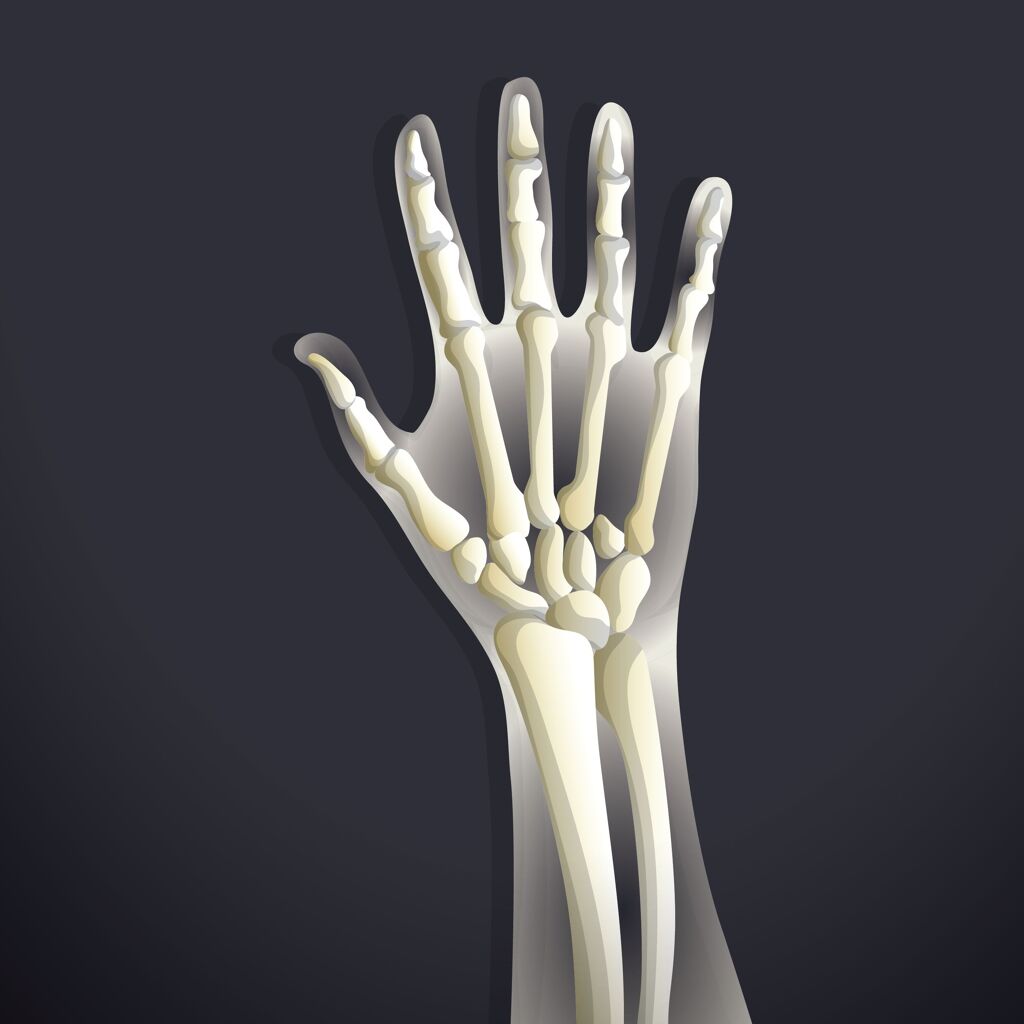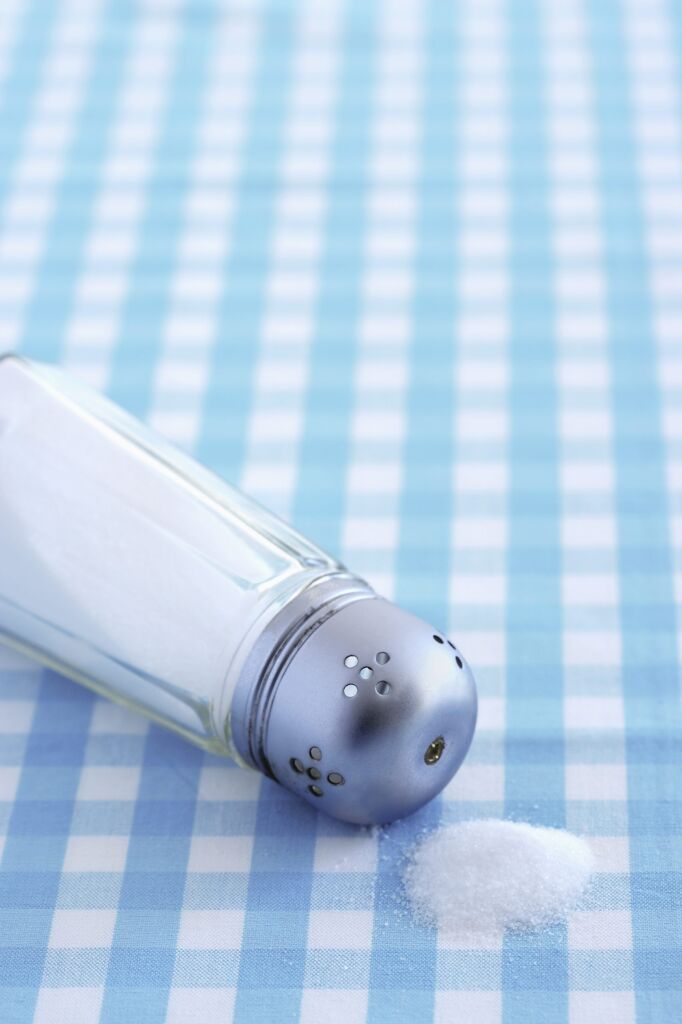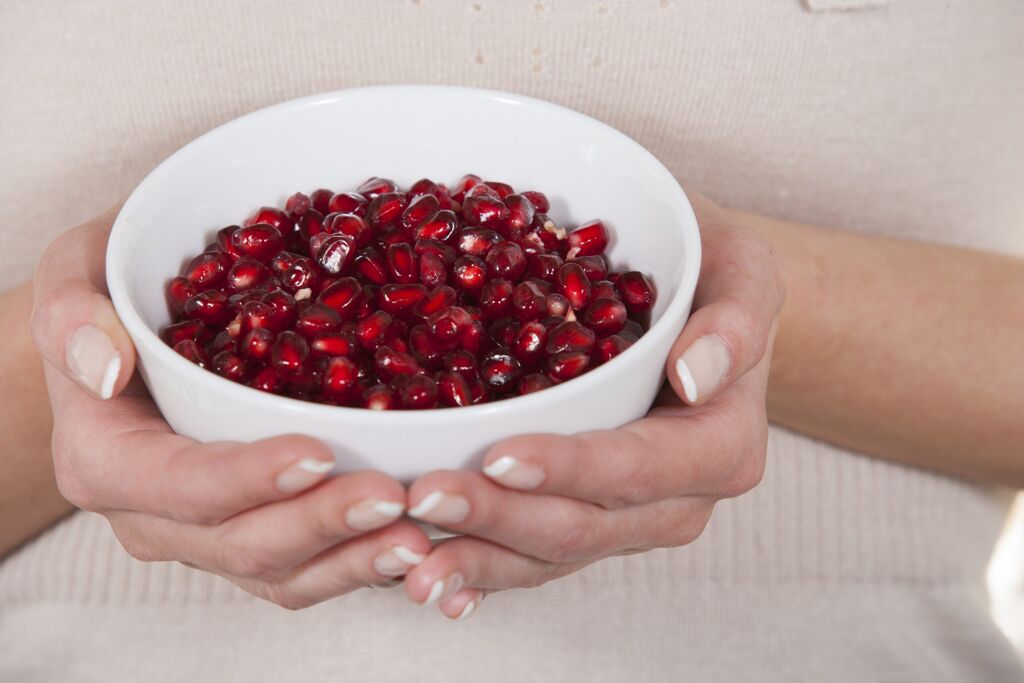HGH Peptide Therapy to Slow Aging & Gain Muscle
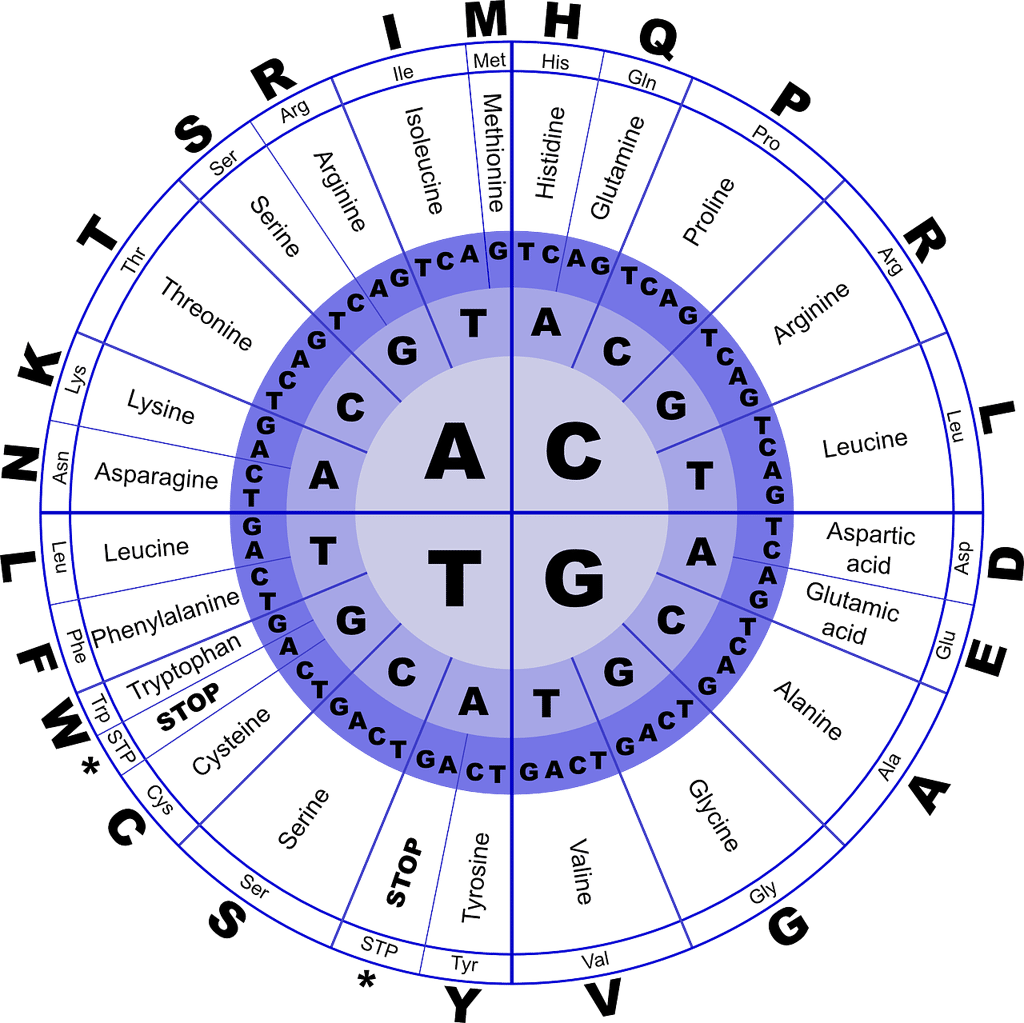
Human Growth Hormone: Learn this One Thing You Can Do To Age More Gracefully (and gain muscle while you do it!)
We frequently hear people in our practice saying, “well this is just happening because I am getting older”. Age does change things in the body, however, we can still age with healthy hormones, fantastic energy and the absence of pain. The more proactive we are with giving our body what it needs to age gracefully, the more our body will thank us for years to come.
Peptides are a new and exciting therapy with many health benefits including anti-aging. We are really impressed with what we are seeing in research about peptides. We are also really impressed with what we are noticing within ourselves as we use peptides.
In this article, we discuss what is peptide therapy, which peptides may be beneficial for which condition (including anti-aging) and if should you try it yourself. The two key peptides we will cover are growth hormone releasing hormone and growth hormone releasing peptide.
** Please note: If you want the short summary version of this article with a video, then please click here **
To Read About Blog Topic, Scroll Down
Want To Work With Our Clinic?
Do you have a chronic or mystery illness that no one has been able to help you with? Are you simply wanting to re-connect with a healthier version of yourself? It’s Time To Finally Feel Better!
What are Peptides?
Peptides are short chains of amino acids found in food. Peptides are 2-50 amino acids long (Zealand Pharma, 2020). Anything over 50 amino acids is a protein (Zealand Pharma, 2020). So peptides are protein molecules. There are countless different peptides. One study has identified 165’000 different peptides (Mohammed Y, 2015).
While peptides are nutrients, they also have unique effects on our body (Chakrabarti S, 2014). The function of a particular peptide depends on the types of amino acids and their sequence in the chain (Zealand Pharma, 2020). As we age, and under certain conditions such as stress, the body makes less peptides.
Peptides have antihypertensive, anti-inflammatory, antidiabetic, antimicrobial, antithrombotic, immunomodulatory, opioid and antioxidant properties (Chakrabarti S, 2014) and (Chakrabarti S, 2018). They can help to grow muscle, burn body fat, improve muscle recovery, reduce inflammation and slow aging. Peptides can act as hormones, carrying messages and information to different parts of the body.
Peptides can help to regulate processes in the body and contribute to better health (Martínez-Villaluenga C, 2020). Synthetic peptides are being developed for controlling and managing chronic diseases (Martínez-Villaluenga C, 2020). These peptides can potentially provide an alternative to pharmaceuticals for the prevention and treatment of chronic disease (Chakrabarti S, 2014).
Examples of peptide hormones are insulin, glucagon and ghrelin, which are involved in blood glucose and appetite regulation (Zealand Pharma, 2020) and other hormones such as oxytocin, vasopressin and ACTH (Oxford University Press, 2020). Other examples are glutathione, melittin (honey bee venom), endorphins, collagen, creatine and carnosine (Oxford University Press, 2020) and (Zealand Pharma, 2020). We will discuss a few individual peptides in more detail later.
Where can you get Peptides Naturally?
As peptides are amino acids chains, they are primarily in found protein or animal-product foods. This includes meat, fish, eggs, dairy products and vegetarian sources such as beans, lentils, soy, oats and seeds. We need to eat a broad range of amino acids in order to form endogenous peptides for optimal health.
What is Peptide Therapy?
Peptide therapy is the use of peptides to instruct cells to perform a specific function, based on which peptide is being used. The body naturally produces different types of peptides. These peptides can be used to activate or trigger a specific function within the body. Some peptides assist with weight loss by stimulating the breakdown of visceral fat. They may be used to reduce inflammation. Peptide therapy can be used to enhance athletic performance. They can help with sarcopenia, or age-related muscle loss. They stimulate the release of growth hormone which can help with increased muscle mass, fat loss, improved athletic performance and other benefits. In this article the main peptide we are focusing on is human growth hormone.
What are Examples of Peptides that you may have heard of?
Collagen is a Peptide:
Collagen peptides can be used for the treatment of joint pain brought on by physical stress. It can help with activity-related knee joint discomfort (Zdzieblik D, 2017). One study looked at collagen peptides in young athletes and its effects on knee pain (Zdzieblik D, 2017). Five grams of collagen peptides reduced activity-related knee joint pain after a 12-week treatment compared with placebo (Zdzieblik D, 2017). The improvement on joint discomfort was accompanied by less need for other therapies such as physiotherapy or ice packs (Zdzieblik D, 2017). A second study found that collagen + resistance training in young active males led to a significant increase in fat-free mass and to increases in all strength tests (Kirmse M, 2019).
Collagen peptide supplements are also very useful for athletes with chronic ankle instability (Dressler P, 2018). Collagen significantly improved perceived ankle stability in athletes with chronic ankle instability (Dressler P, 2018). There was also a decrease in the re-injury rate of ankle sprains in the follow-up period 3 months later (Dressler P, 2018).
Endorphins are Peptides:
This is a group of peptides that modulate the pain sensation (Oxford University Press, 2020). They bind to receptors on nerve cells in the pathways that mediate pain and act as endogenous pain relievers (Oxford University Press, 2020). These are the same receptors on which opiate drugs act (Oxford University Press, 2020). Exercise is one way to increase endorphins and is why people experience the ‘runner’s high’.
Creatine is a Peptide:
Creatine is a peptide, with huge benefits for sports performance. We wrote about it here. In a nutshell, creatine can improve high intensity exercise performance, enhance post-exercise recovery, help prevent injury and provide concussion and/or spinal cord neuroprotection (Kreider RB, 2017). In studies, creatine not only improves exercise performance, but also is involved in preventing and/or reducing the severity of injury, enhancing rehabilitation from injuries, and helping athletes tolerate heavy training loads (Kreider RB, 2017).
Peptides for Exercise
Peptides can be used to enhance exercise and sports performance. Different peptides will do different things, such as burn fat, increase endurance or build muscle mass.
Human Growth Hormone (HGH) is a hormone that promotes growth and is necessary for growth from childhood into adulthood. HGH levels are high in children and then decrease with age, so adults have much less naturally-produced HGH (USADA, 2019). It indirectly helps to maintain, build and repair healthy tissue in the brain and other organs (USADA, 2019).
Human growth hormone is typically released at night and helps us repair broken down tissues. One of the reasons we have more tissue breakdown as we age is due to the natural decline of growth hormone. Replacing growth hormone through peptide therapy can help reduce the tissue damage that is naturally seen with the aging process.
Increased physical fitness and regular training is the way to increase HGH production in adults and alter the reduced HGH response to exercise that happens with age (Lanfranco F, 2014).
HGH is often used in children with HGH deficiency, and less frequently, in adults with HGH deficiency (Harvard Medical School, 2018). HGH use in adults with HGH deficiency results in reduced body fat, increased lean body mass and increased fitness and strength (Heuberger JAA, 2018).
In one study, participants had daily HGH (human growth hormone) injections for 20 days (Harvard Medical School, 2018). They had an increase in lean body mass but it did not translate into improved performance (Harvard Medical School, 2018). HGH did not produce measurable increases in either strength or exercise capacity (Harvard Medical School, 2018).
In professional sports, HGH is banned by the World Anti-Doping Agency as a performance-enhancing agent (Holt RG, 2019). In recreational athletes, it has been found that HGH selectively improves sprint capacity but has not been proven to significantly enhance muscle strength, power, or maximum rate of oxygen consumption (Holt RG, 2019) and (Heuberger JAA, 2018). Studies have shown no strong effects of HGH on muscle strength or endurance performance (Heuberger JAA, 2018).
Despite the lack of strong results in exercise performance, increasing HGH can still have overall health benefits that are worth pursuing.
Peptides are sometimes used to increase Human growth hormone and generally fall into two groups:
- Growth hormone releasing hormones (GHRH)
- Growth hormone releasing peptides (GHRP)
Both GHRH and GHRP can increase HGH, especially under strenuous exercise conditions (Maas HCM, 2000). This is why they have been looked at for improving sports performance. However, both GHRH and GHRP are banned by the World Anti-Doping Agency (Knoop A, 2016) and (Thomas A, 2010), as is taking HGH (USADA, 2019). Other peptide hormones, including those with strength enhancing actions, are also prohibited for professional athletes (USADA, 2020).
Growth hormone releasing hormones or GHRH
GHRH is a peptide hormone produced in the brain. It stimulates the production and release of HGH. It has various functions and can be beneficial to health.
Treatment with GHRH boosters can decrease inflammation after a heart attack, and help healing and remodeling of cardiac tissue by regulating pathways involved in fibrosis, apoptosis and cardiac repair (Kanashiro-Takeuchi RM, 2015). Patients with cardiac dysfunction can benefit from GHRH (Kanashiro-Takeuchi RM, 2015). Other benefits, apart from cardio protection, include wound healing and lower inflammation (Granata, 2016). It also acts on skeletal muscle cells to inhibit cell death and atrophy (Granata, 2016).
A 3-month trial of GHRH in postmenopausal women increased physical performance and improved body composition (Veldhuis JD, 2005). GHRH boosted HGH production, reduced abdominal visceral fat (which is the unhealthy belly fat) and improved certain measures of physical performance (Veldhuis JD, 2005).
Growth hormone releasing peptides or GHRP
GHRPs are peptides that stimulate higher levels of HGH naturally (Berlanga-Acosta J, 2017). GHRPs increase antioxidant defenses, reduce inflammation and are cardioprotective (Berlanga-Acosta J, 2017). They are cytoprotective in cardiac, neuronal, gastrointestinal, and hepatic cells, providing protection in various organs (Berlanga-Acosta J, 2017). Their cytoprotective influence in various organs is achieved by reducing inflammation and preventing cell death in the form of necrosis and/or apoptosis (Berlanga-Acosta J, 2017). GHRPs can modulate the inflammatory response by interacting with immune cells (Berlanga-Acosta J, 2017).
Growth hormone-releasing peptides have been found to improve body composition while improving fat gain and muscular atrophy (Sinha D, 2020). Because they have strong HGH-releasing activities, GHRPs are used to enhance athletic performance (Maréchal L, 2018). As a HGH stimulant, GHRP has similar effects as GHRH, by increasing growth, development and muscle strength (Maréchal L, 2018).
Peptide Side Effects
Side effects from GHRH and GHRP include irritation at the injection site, as they are administered via injection. Up to 30% of patients experience side effects that include fluid retention and bloating, joint and muscle pain, carpal tunnel syndrome and high blood sugar levels (Harvard Medical School, 2018). Some research suggests an increased risk of cancer in general, and prostate cancer in particular, due to stimulating HGH, which makes everything grow (Harvard Medical School, 2018).
Should you take Peptides?
Rather than taking HGH, or peptides such as GHRH or GHRPs, we recommend increasing your HGH production naturally. For exercise performance, longevity and quality of life into later years, learning how to boost HGH is important. This can be done through a combination of diet and exercise. Developing new habits to increase HGH now can reduce the risk of chronic disease, enhance energy and enjoyment of life and slow the aging process (Harvard Medical School, 2018). Find out how in our next blog….
** Thank you for your attention to this weeks article on human growth hormone. Please stay tuned for next week’s article on…Increasing your HGH Levels Naturally **
Are You Suffering From A Chronic Illness?
Does your current health situation look like this…
- Do you feel that you have tried many things and either nothing works, or the treatment does not hold?
- Have you been told that there is nothing that can be done to reverse your illness and you just need to manage symptoms?
- Does your illness impact your work, your family, your happiness and your social life?
We specialize in finding answers and solutions for complicated chronic illness when people feel like they have tried everything. If this sounds like you, book a free call with us to see if we are the right fit for your health goals.
Dr. Miles has spoken for the following organizations:
